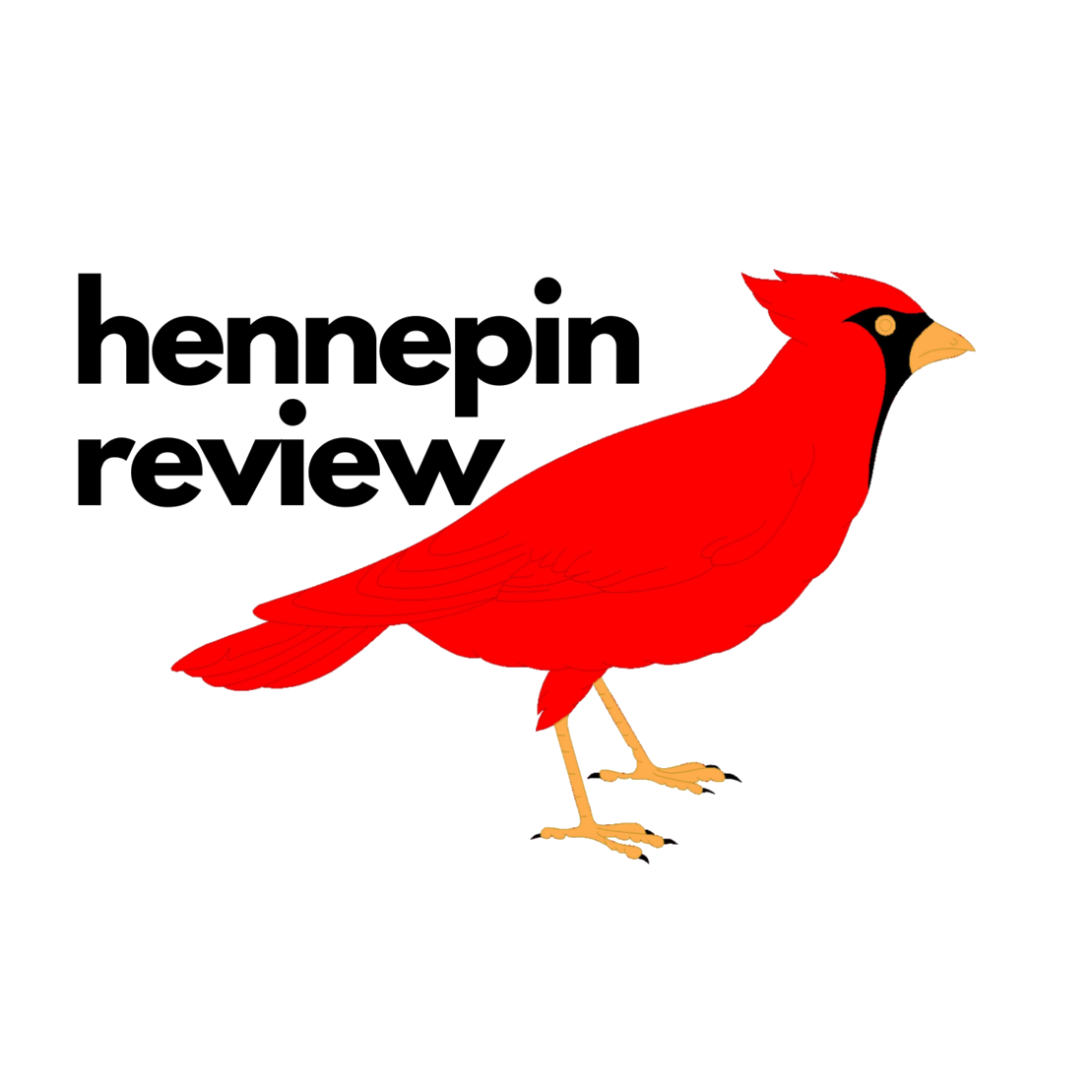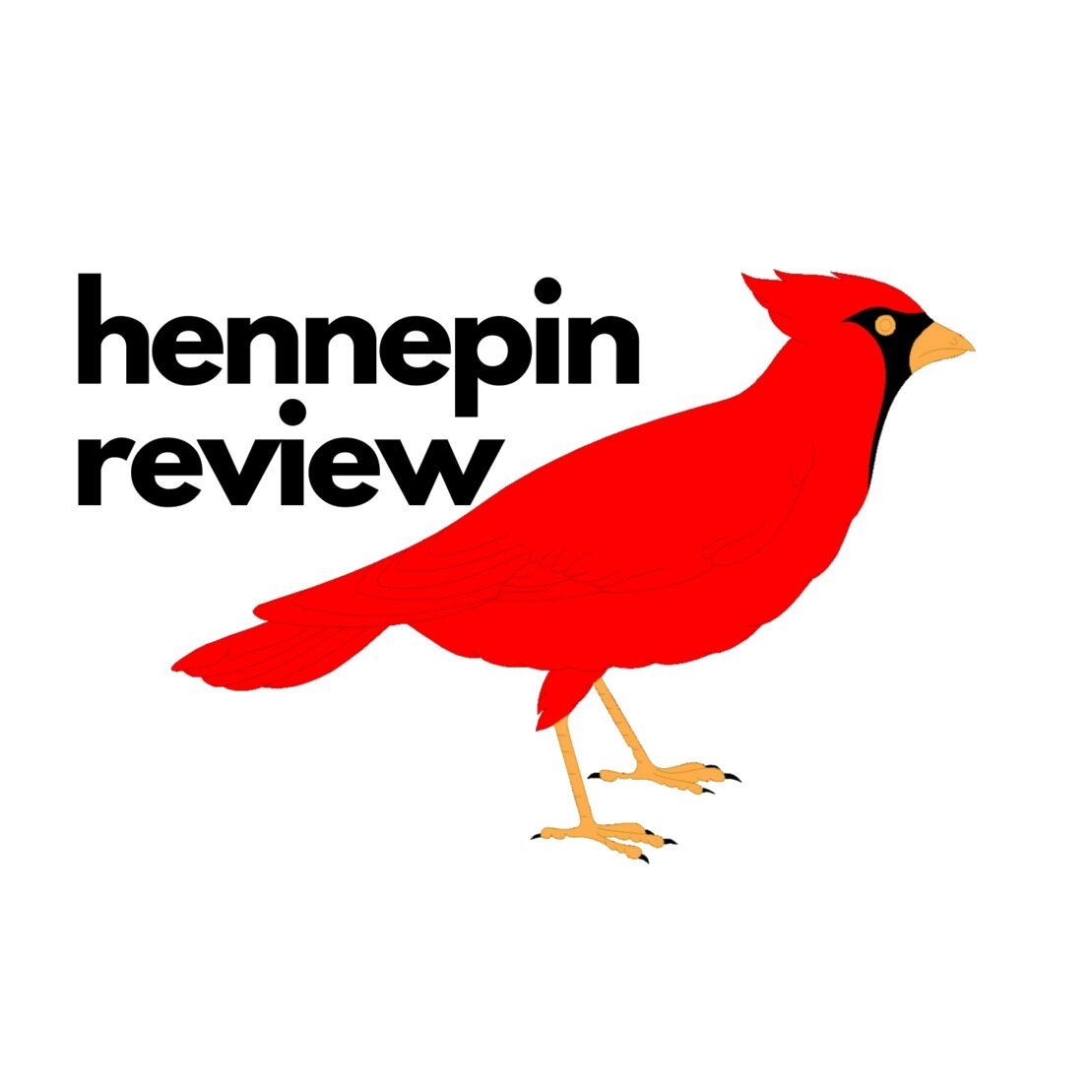Foreign Objects
Shareen K. Murayama
“Definitions belong to the definers, not the defined.” ~ Toni Morrison, Beloved
We wouldn’t leak the word bastard under Baabaa’s roof, not even doctored up. Baabaa’s jaws wouldn’t move fast enough, like water at high boil. Couldn’t say illegitimate. Sometimes there’s no substitute for words we’d worry over, flipping over its textures, stretching definitions to the width of the night. In the streets, bastards radiated like tiger’s eye stones, bronze and black stripes, a proven history of meat-eaters with power. Baabaa paused, looked at Jiji—said we didn’t have anyone special like that in our family.
We pictured D.A. leaning against the lamp post, shirtless, lighting a cigarette. He was tall with wavy hair the color of coffee, no cream. We’d never seen chalk-dusted skin like his up close. D.A. was raised by his grandmother until the responsibilities flipped like a skateboard, ball bearings clicking until they didn’t. One night D.A.'s biking in the street, drinking with friends, the wind carting cuss words and laughter like shattered glass, and the next, he’s washing shit from his grandmother’s underwear, hanging it on the laundry line, not making eye contact with any of us. On nights with no breeze, D.A.’s bare chest reflects the light from the lamp post. We can see his smoke wreathing above his head, like a signal to his parents, telling them he’s okay, he and his grandmother are going to be okay. What a real bastard, we say to each other.
We tried teaching Baabaa other words, like nuisance, which sounded like new scent whenever Jiji’s old friend pressed his voice through our mesh front door. Since Jiji wasn’t home, Baabaa allowed Mr. H. entry until the start of the carpet, never remembering to take off his shoes. Mr. H. wore dark blue overalls, his name embroidered on a white patch of cloth. The unnamed pocket on his chest was where he’d nestled his cigarette ashes since Baabaa never offered him an ashtray. He said one time his whole shirt caught on fire. New scent, Baabaa snorted after Mr. H. left.
We’d heard of self-combustion stories from the Guinness World Record book. We asked our teacher, Who is Guinness, and would he come to our island if we broke a record? Mostly, we wanted to know how much money we could win.
Baabaa refused to let us borrow the second watch she got from Jiji. We needed three arms to be fair, so we settled on breaking the record for the farthest spit of seven feet. The first watch Jiji gave her branded Baabaa’s wrist a glow-in-the-dark red, by the third day, moss-colored scales erupted. Baabaa chased Jiji around the house with the fool’s gold, threatening to launch the watch at his head. She pawed her damaged wing in his face, like a symptom of their arranged marriage.
We assembled from oldest to youngest, took turns stepping up to the chalked line, arched our heads back to traject and shpit— This is how we wait for our chance at fortune. Stacked behind each other, a line and lineage with the same story—our judgment suspended, blinded by the respect we have for those who went before us.
On the afternoon sidewalk, a pattern of spit and foam was evidence of our sacrifice, ways our bodies salivated for good luck. We cheered each landing; we cheered louder for the youngest ones at the end of the line. Baabaa watched us from her kitchen window.
People stepped down from the bus returning home from work, tired shoulders, handbags and jackets over arms. They salmoned up river as we walked on our hands, tumbled to our sides, swung our stretched bodies from the garage beam suspended in air. We were magicians able to stun an audience, defy everyone’s expectation of what we could be. We sawed our youngest ones in half, made them root for asphalt to morsel, to hawk on the road. Baabaa called us her three-ringed circus, semi-precious animals under the setting sun, all of us the color of dark amber, our skin streaked from the day’s obstacles.
Shareen K. Murayama is a Japanese American, Okinawan American poet & educator. Her debut poetry collection, Housebreak, is forthcoming by Bad Betty Press (July 2022). Her first poetry chapbook, Hey Girl, Are You in the Experimental Group? by Harbor Editions (April 2022) made the “A Reading List for Asian/Pacific American Heritage Month 2022 by CLMP. She’s a 2021 Best Microfiction winner, a poetry reader for The Adroit Journal & Cobra Milk Mag.and Asst. CNF Editor for JMWW. Her works have been published or are forthcoming in The McNeese Review, Pilgrimage Press, Flash Frog, RHINO Poetry, National Flash Fiction, Bamboo Ridge Press, & elsewhere. You can find her on IG and Twitter @ambusypoeming. 

